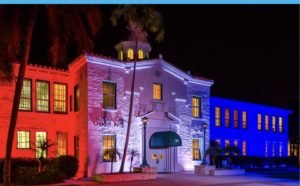
Old School Square in patriotic splendor. Let’s start with the obvious.
I don’t have to or want to recount the craziness and tragedy, we know it all too well. We are engulfed by it.
Your Guide To The Delray Beach Boca Raton Lifestyle

Old School Square in patriotic splendor. Let’s start with the obvious.
I don’t have to or want to recount the craziness and tragedy, we know it all too well. We are engulfed by it.
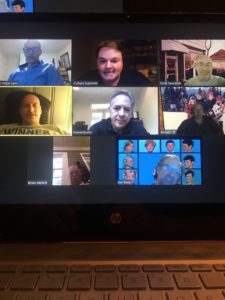
Sorry for the poor pic. Best I can do.
When you get to be my age you find yourself having lived a few lives.
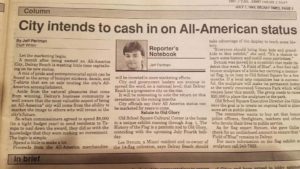
I was young in ‘93. We all were.
I stumbled across a memory last week and it stayed with me.
Something is wrong in Delray Beach.
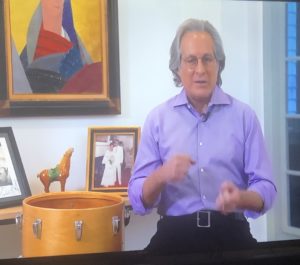
Delray’s Mighty Max Weinberg shares stories and insights on Instagram and YouTube. Shows are archived.
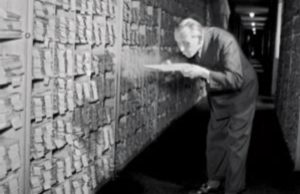
Don’t let your plans gather dust. If you do, you burn public trust which is the most valuable currency.
It happened a long time ago, so I guess it’s safe to tell the story.
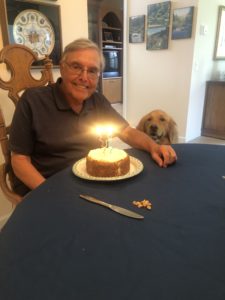
My dad celebrates his birthday June 15 with Riley his great grand retriever.
My father and I have a lot in common.
.
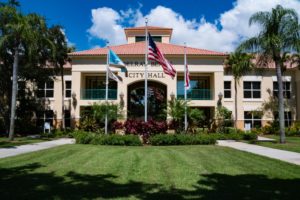
Local government can play a big role in race relations. It’s a choice.
We got a nice email from the Delray Beach Historical Society last week.
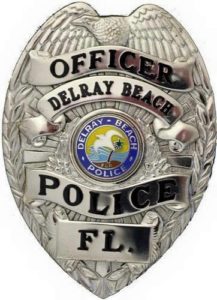
Our national dialogue is fraught.
George Floyd’s murder will spark change.
I had (a socially distant) lunch last week with a small group of special men.
Copyright © 2024 · Genesis Framework · WordPress · Log in